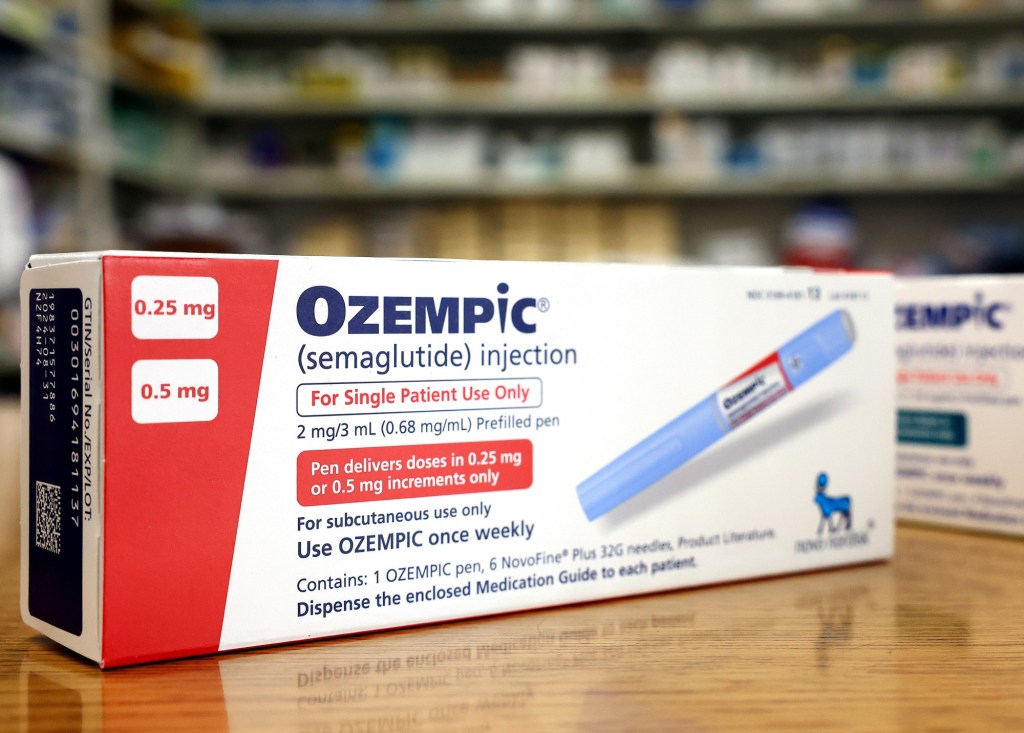Corlee Morris has dieted throughout her adult life.
After her weight began climbing in high school, she spent years losing 50 or 100 pounds then gaining it back. Morris, 78, was at her heaviest in her mid-40s, standing 5 feet 10½ inches and weighing 310 pounds. The Pittsburgh resident has had diabetes for more than 40 years.
Managing her weight was a losing battle until Morris’ doctor prescribed a Type 2 diabetes medication, Ozempic, four months ago. It’s one in a new category of medications changing how ordinary people as well as medical experts think about obesity, a condition that affects nearly 4 in 10 people 60 and older.
The drugs include Ozempic’s sister medication, Wegovy, a weight loss drug with identical ingredients, which the FDA approved in 2021, and Mounjaro, approved as a diabetes treatment in 2022. (Ozempic was approved for diabetes in 2017.) Several other drugs are in development.
The medications reduce feelings of hunger, generate a sensation of fullness, and have been shown to help people lose an average of 15% or more of their weight.
“It takes your appetite right away. I wasn’t hungry at all and I lost weight like mad,” said Morris, who has shed 40 pounds.
But how these medications will affect older adults in the long run isn’t well understood. (Patients need to remain on the drugs permanently or risk regaining the weight they’ve lost.)
Will they help prevent cardiovascular disease and other chronic illnesses in obese older adults? Will they reduce rates of disability and improve people’s ability to move and manage daily tasks? Will they enhance people’s lives and alleviate symptoms associated with obesity-related chronic illnesses?
Unfortunately, clinical trials of the medications haven’t included significant numbers of people ages 65 and older, leaving gaps in the available data.
While the drugs appear to be safe — the most common side effects are nausea, diarrhea,…
Read the full article here







